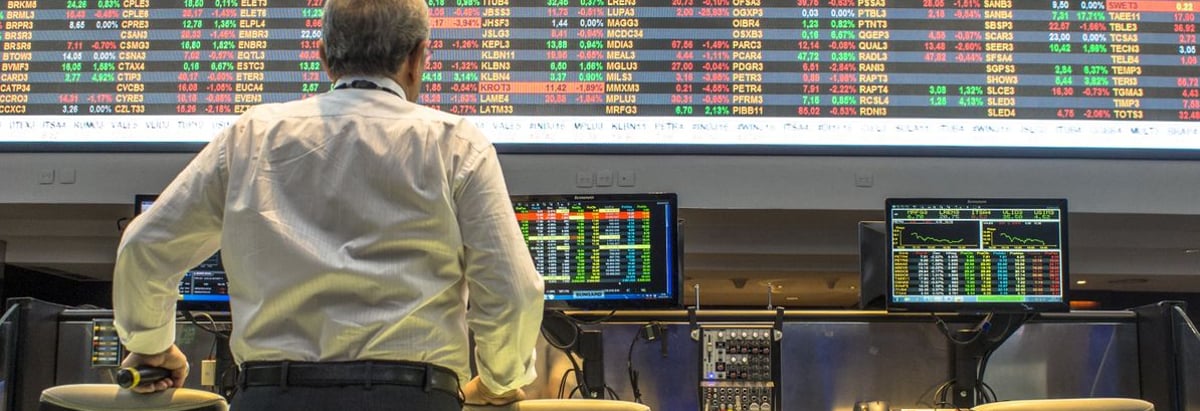Stock Analysis
- New Zealand
- /
- Capital Markets
- /
- NZSE:NZX
Dividend Investors: Don't Be Too Quick To Buy NZX Limited (NZSE:NZX) For Its Upcoming Dividend

Regular readers will know that we love our dividends at Simply Wall St, which is why it's exciting to see NZX Limited (NZSE:NZX) is about to trade ex-dividend in the next four days. The ex-dividend date is one business day before a company's record date, which is the date on which the company determines which shareholders are entitled to receive a dividend. The ex-dividend date is of consequence because whenever a stock is bought or sold, the trade takes at least two business day to settle. Thus, you can purchase NZX's shares before the 18th of September in order to receive the dividend, which the company will pay on the 3rd of October.
The company's next dividend payment will be NZ$0.0352941 per share, on the back of last year when the company paid a total of NZ$0.061 to shareholders. Calculating the last year's worth of payments shows that NZX has a trailing yield of 4.5% on the current share price of NZ$1.35. If you buy this business for its dividend, you should have an idea of whether NZX's dividend is reliable and sustainable. So we need to check whether the dividend payments are covered, and if earnings are growing.
See our latest analysis for NZX
Dividends are typically paid from company earnings. If a company pays more in dividends than it earned in profit, then the dividend could be unsustainable. NZX paid out 91% of its earnings, which is more than we're comfortable with, unless there are mitigating circumstances.
Generally, the higher a company's payout ratio, the more the dividend is at risk of being reduced.
Click here to see the company's payout ratio, plus analyst estimates of its future dividends.
Have Earnings And Dividends Been Growing?
Companies with consistently growing earnings per share generally make the best dividend stocks, as they usually find it easier to grow dividends per share. Investors love dividends, so if earnings fall and the dividend is reduced, expect a stock to be sold off heavily at the same time. With that in mind, we're encouraged by the steady growth at NZX, with earnings per share up 5.7% on average over the last five years.
Many investors will assess a company's dividend performance by evaluating how much the dividend payments have changed over time. NZX has delivered 0.9% dividend growth per year on average over the past 10 years.
Final Takeaway
Is NZX an attractive dividend stock, or better left on the shelf? While we like that its earnings are growing somewhat, we're not enamored that it's paying out 91% of last year's earnings. NZX doesn't appear to have a lot going for it, and we're not inclined to take a risk on owning it for the dividend.
Having said that, if you're looking at this stock without much concern for the dividend, you should still be familiar of the risks involved with NZX. Our analysis shows 2 warning signs for NZX that we strongly recommend you have a look at before investing in the company.
If you're in the market for strong dividend payers, we recommend checking our selection of top dividend stocks.
Valuation is complex, but we're here to simplify it.
Discover if NZX might be undervalued or overvalued with our detailed analysis, featuring fair value estimates, potential risks, dividends, insider trades, and its financial condition.
Access Free AnalysisHave feedback on this article? Concerned about the content? Get in touch with us directly. Alternatively, email editorial-team (at) simplywallst.com.
This article by Simply Wall St is general in nature. We provide commentary based on historical data and analyst forecasts only using an unbiased methodology and our articles are not intended to be financial advice. It does not constitute a recommendation to buy or sell any stock, and does not take account of your objectives, or your financial situation. We aim to bring you long-term focused analysis driven by fundamental data. Note that our analysis may not factor in the latest price-sensitive company announcements or qualitative material. Simply Wall St has no position in any stocks mentioned.
About NZSE:NZX
NZX
Operates a stock exchange in New Zealand.

